
Global Law Experts
Lawyers
Countries Covered
Practice Areas
Find independent Dispute Resolution lawyers worldwide on Global Law Experts. Discover recognized legal experts for your case.














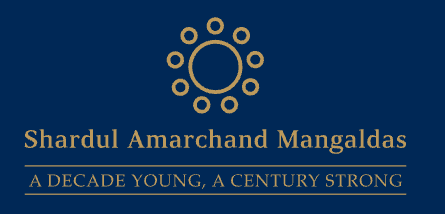






































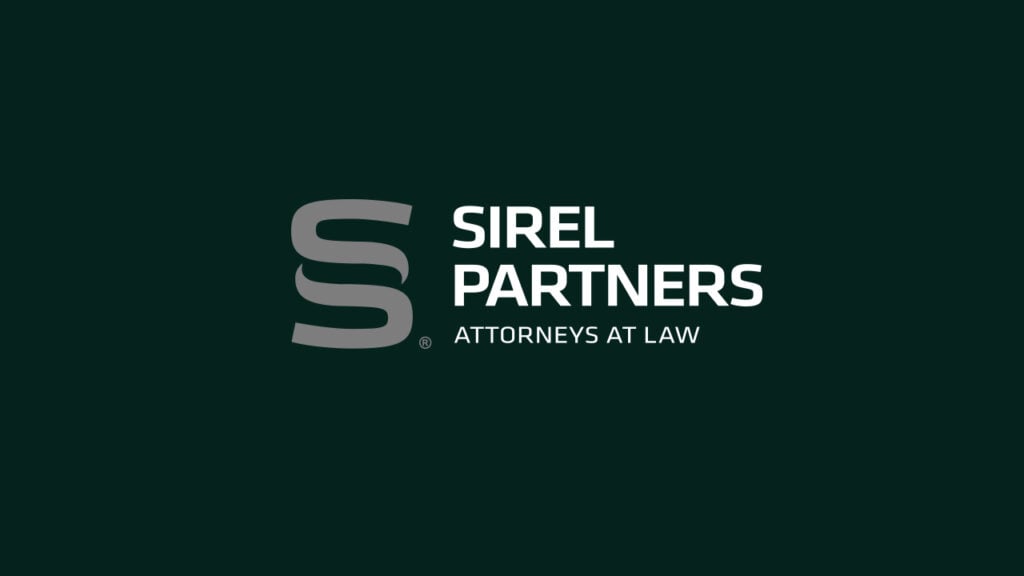



















































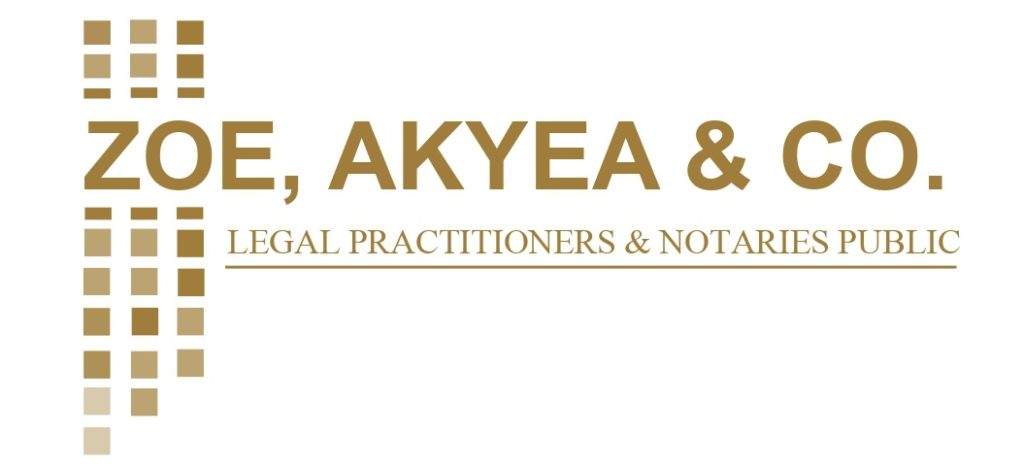


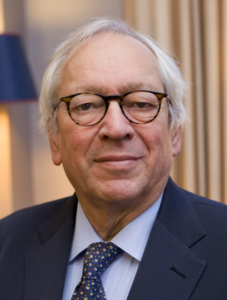

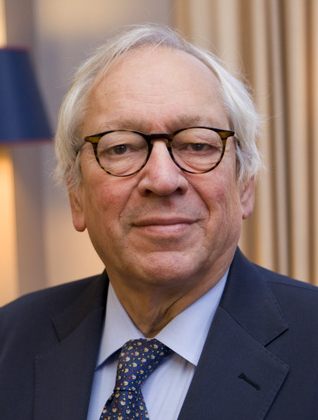












No results available Reset filters?
posted 1 hour ago
posted 1 month ago
posted 1 month ago
posted 1 month ago
posted 1 month ago
posted 1 month ago
posted 1 month ago
posted 1 month ago
posted 2 months ago
No results available Reset filters?
Dispute Resolution is the specialized practice of resolving legal disagreements through both traditional and alternative pathways. This field is essential for managing the transition from friction to finality, encompassing Litigation, Arbitration, and Mediation. Attorneys provide the vital framework for determining the most efficient venue for a dispute, whether it involves the public theater of the courtroom or the private, binding nature of International Commercial Arbitration. This practice ensures that commercial interests are protected while minimizing the “burn rate” of protracted legal warfare.
Global Law Experts connects you with premier dispute resolution specialists who possess the psychological and procedural depth required to win. These practitioners are established experts within their own fields, offering the tactical foresight needed to handle Early Neutral Evaluation, navigate the complexities of Multi-Jurisdictional Enforcement, and leverage “Settlement Pressure” through sophisticated motion practice. Whether you are a corporation defending against a high-stakes class action or a partner seeking an equitable exit from a joint venture, they provide the strategic advocacy needed to secure a favorable result in any legal forum.
Every GLE member is independently vetted by practice area and jurisdiction.
While the terms are often used interchangeably, the difference lies in their toolbox. A Litigator is a specialist in the court system, focused on filing lawsuits, following procedural rules, and arguing before a judge. A Dispute Resolution Lawyer has a broader scope; they are trained to solve problems outside the courtroom using negotiation, mediation, and arbitration. Ideally, a dispute resolution lawyer tries to keep you out of court to save money, whereas a litigator is who you call when the fight is already unavoidable.
There are three primary tiers of ADR, ranked by their level of formality. Negotiation is the most informal stage where parties or their lawyers communicate directly to reach a settlement without a third party. Mediation involves a neutral facilitator who guides the discussion to help the parties find a mutually agreeable solution, though the mediator has no power to force a decision. Arbitration is the most formal method, resembling a private trial where an arbitrator hears evidence and issues a binding decision that is legally enforceable, much like a court judgment.
Although legal representation is not strictly required for mediation, it is practically essential to ensure you are protected. Mediation involves negotiating legal rights, and without a lawyer, you risk agreeing to a settlement that is far less favorable than what you could achieve in court. A lawyer provides an objective assessment of the offer, advises on the legal implications of the proposed terms, and ensures that any resulting settlement agreement is drafted correctly to be a binding, enforceable contract.
The binding nature of the decision depends entirely on the method used. In mediation, the process itself is voluntary and non-binding, meaning you can walk away at any time; however, if a settlement is reached and a written agreement is signed, that specific document becomes a legally binding contract. In arbitration, the process is designed to be final, and the arbitrator’s decision (the “award”) is legally binding and enforceable in court, with very limited grounds for appeal.
A lawyer can employ a “business preservation” strategy that prioritizes the continuity of operations over a courtroom victory. They often recommend private mediation to allow partners to resolve grievances confidentially, avoiding the reputational damage associated with a public lawsuit. If a separation is necessary, a lawyer can structure a “de-merger” or a negotiated buy-out that legally defines exit terms, ensuring the business retains its assets and client base while the partners separate amicably.
Dispute resolution is generally less expensive than litigation because it resolves issues much faster, often in days rather than years, which significantly reduces legal fees. However, arbitration can sometimes rival litigation in cost because the parties must pay the arbitrator’s hourly fees, administrative costs, and venue rental—expenses that are covered by the state in a public court trial. Therefore, while mediation is almost always a cost-saver, complex arbitration may not be cheaper than a small claims court case.
Yes, a lawyer can draft a “Tiered Dispute Resolution Clause” in your contracts to create a mandatory roadmap for conflict. This clause legally requires the parties to complete specific steps—such as a period of good-faith negotiation followed by mandatory mediation—before they are permitted to file a lawsuit. This requirement creates a cooling-off period and forces the parties to attempt settlement, which prevents impulsive litigation and resolves the majority of disputes with
If there is no prior contract requiring mediation, you generally cannot force the other party to participate and must proceed to litigation. However, in jurisdictions like the UK, courts may penalize a party who unreasonably refuses to mediate by ordering them to pay the other side’s legal costs, even if they eventually win the trial. This potential financial penalty serves as significant leverage, often convincing reluctant parties to agree to mediation to avoid the risk of sanctions.
While the terms are often used interchangeably, the difference lies in their toolbox. A Litigator is a specialist in the court system, focused on filing lawsuits, following procedural rules, and arguing before a judge. A Dispute Resolution Lawyer has a broader scope; they are trained to solve problems outside the courtroom using negotiation, mediation, and arbitration. Ideally, a dispute resolution lawyer tries to keep you out of court to save money, whereas a litigator is who you call when the fight is already unavoidable.
There are three primary tiers of ADR, ranked by their level of formality. Negotiation is the most informal stage where parties or their lawyers communicate directly to reach a settlement without a third party. Mediation involves a neutral facilitator who guides the discussion to help the parties find a mutually agreeable solution, though the mediator has no power to force a decision. Arbitration is the most formal method, resembling a private trial where an arbitrator hears evidence and issues a binding decision that is legally enforceable, much like a court judgment.
Although legal representation is not strictly required for mediation, it is practically essential to ensure you are protected. Mediation involves negotiating legal rights, and without a lawyer, you risk agreeing to a settlement that is far less favorable than what you could achieve in court. A lawyer provides an objective assessment of the offer, advises on the legal implications of the proposed terms, and ensures that any resulting settlement agreement is drafted correctly to be a binding, enforceable contract.
The binding nature of the decision depends entirely on the method used. In mediation, the process itself is voluntary and non-binding, meaning you can walk away at any time; however, if a settlement is reached and a written agreement is signed, that specific document becomes a legally binding contract. In arbitration, the process is designed to be final, and the arbitrator's decision (the "award") is legally binding and enforceable in court, with very limited grounds for appeal.
A lawyer can employ a "business preservation" strategy that prioritizes the continuity of operations over a courtroom victory. They often recommend private mediation to allow partners to resolve grievances confidentially, avoiding the reputational damage associated with a public lawsuit. If a separation is necessary, a lawyer can structure a "de-merger" or a negotiated buy-out that legally defines exit terms, ensuring the business retains its assets and client base while the partners separate amicably.
Dispute resolution is generally less expensive than litigation because it resolves issues much faster, often in days rather than years, which significantly reduces legal fees. However, arbitration can sometimes rival litigation in cost because the parties must pay the arbitrator's hourly fees, administrative costs, and venue rental—expenses that are covered by the state in a public court trial. Therefore, while mediation is almost always a cost-saver, complex arbitration may not be cheaper than a small claims court case.
Yes, a lawyer can draft a "Tiered Dispute Resolution Clause" in your contracts to create a mandatory roadmap for conflict. This clause legally requires the parties to complete specific steps—such as a period of good-faith negotiation followed by mandatory mediation—before they are permitted to file a lawsuit. This requirement creates a cooling-off period and forces the parties to attempt settlement, which prevents impulsive litigation and resolves the majority of disputes with
If there is no prior contract requiring mediation, you generally cannot force the other party to participate and must proceed to litigation. However, in jurisdictions like the UK, courts may penalize a party who unreasonably refuses to mediate by ordering them to pay the other side's legal costs, even if they eventually win the trial. This potential financial penalty serves as significant leverage, often convincing reluctant parties to agree to mediation to avoid the risk of sanctions.
Global Law Experts is dedicated to providing exceptional legal services to clients around the world. With a vast network of highly skilled and experienced lawyers, we are committed to delivering innovative and tailored solutions to meet the diverse needs of our clients in various jurisdictions.

Thinking of buying property in Brazil? Start with a full legal safety net.
✔️ Check title and ownership history
✔️ Verify no debts or disputes
✔️ Confirm zoning and permits.
#BrazilProperty #RealEstateInvesting #LegalDueDiligence #ForeignInvestment #PropertyLaw #GlobalRealEstate #InvestmentRisk #BrazilLaw

When your international business faces financial distress, quick action is key! 🔑 Negotiating with creditors, restructuring debt, and understanding insolvency laws can help regain stability. Global Law Experts is here to guide you through your options.
🌍Explore the details on our website.
🔗Link in bio
#GlobalLawExperts #CommercialLaw #BusinessLaw #LegalAdvice #BusinessGrowth #LegalTips #BusinessStrategy #LegalCompliance #Law #LegalKnowledge #LegalAwareness #Law101 #LegalEducation #IntellectualProperty

Thinking of buying property in Brazil? Don’t stop at the contract or key handover. Make sure the title is officially registered before calling it yours.
#BrazilRealEstate #PropertyLaw #GlobalInvestment #ForeignInvestors #LegalTips #DueDiligence #RealEstateRegistration #SecureInvestment

Getting a termination notice right now? Know your rights. Valid reason, fair process, proper notice they matter. Don’t let a bad dismissal walk away without accountability.
#EmploymentLaw #WorkerRights #Termination #LaborLaw #FairDismissal #WorkplaceJustice #LegalAwareness #GlobalWorkforce

Running a business is hard enough — lawsuits shouldn’t make it harder. 🚫 Protect your business with the right legal strategies and expert tools from Global Law Experts. Let’s secure your future together! 💼
🌍Explore the details on our website.
➡️www.globallawexperts.com
#GlobalLawExperts #CommercialLaw #BusinessLaw #LegalAdvice #BusinessGrowth #LegalTips #BusinessStrategy #LegalCompliance #Law #LegalKnowledge #LegalAwareness #Law101 #LegalEducation #IntellectualProperty #Infringed #Ecommerce #LegalBranding
Global Law Experts is dedicated to providing exceptional legal services to clients around the world. With a vast network of highly skilled and experienced lawyers, we are committed to delivering innovative and tailored solutions to meet the diverse needs of our clients in various jurisdictions.

Thinking of buying property in Brazil? Start with a full legal safety net.
✔️ Check title and ownership history
✔️ Verify no debts or disputes
✔️ Confirm zoning and permits.
#BrazilProperty #RealEstateInvesting #LegalDueDiligence #ForeignInvestment #PropertyLaw #GlobalRealEstate #InvestmentRisk #BrazilLaw

When your international business faces financial distress, quick action is key! 🔑 Negotiating with creditors, restructuring debt, and understanding insolvency laws can help regain stability. Global Law Experts is here to guide you through your options.
🌍Explore the details on our website.
🔗Link in bio
#GlobalLawExperts #CommercialLaw #BusinessLaw #LegalAdvice #BusinessGrowth #LegalTips #BusinessStrategy #LegalCompliance #Law #LegalKnowledge #LegalAwareness #Law101 #LegalEducation #IntellectualProperty

Thinking of buying property in Brazil? Don’t stop at the contract or key handover. Make sure the title is officially registered before calling it yours.
#BrazilRealEstate #PropertyLaw #GlobalInvestment #ForeignInvestors #LegalTips #DueDiligence #RealEstateRegistration #SecureInvestment

Getting a termination notice right now? Know your rights. Valid reason, fair process, proper notice they matter. Don’t let a bad dismissal walk away without accountability.
#EmploymentLaw #WorkerRights #Termination #LaborLaw #FairDismissal #WorkplaceJustice #LegalAwareness #GlobalWorkforce

Running a business is hard enough — lawsuits shouldn’t make it harder. 🚫 Protect your business with the right legal strategies and expert tools from Global Law Experts. Let’s secure your future together! 💼
🌍Explore the details on our website.
➡️www.globallawexperts.com
#GlobalLawExperts #CommercialLaw #BusinessLaw #LegalAdvice #BusinessGrowth #LegalTips #BusinessStrategy #LegalCompliance #Law #LegalKnowledge #LegalAwareness #Law101 #LegalEducation #IntellectualProperty #Infringed #Ecommerce #LegalBranding

Send welcome message